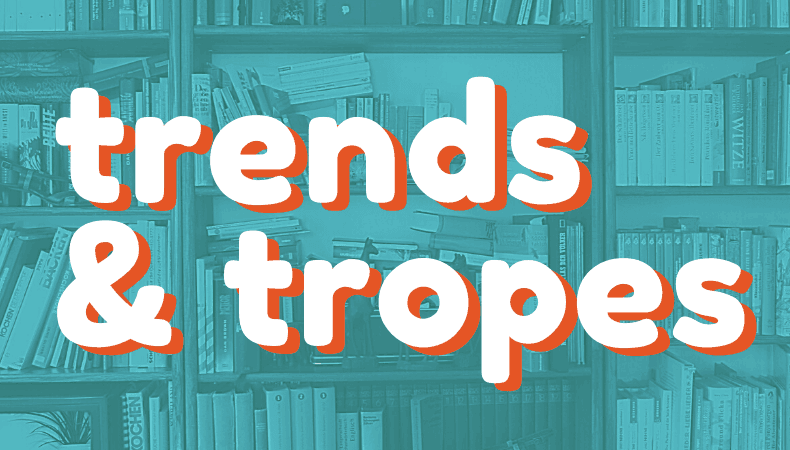If there is a single “type” of book the Mathical Selection Committee receives in great abundance, it is counting books.
A staple of childhood bookshelves, these are the books that “Teach you your 1-2-3s.”
We have a persistent cultural myth that counting is the single most important entry-level math skill for very young children. Not so.
For some juicy counter-examples, see the Erikson Institute’s aptly named Idea Library, which offers parents and early childhood educators a one-stop shop for expanding their knowledge about how kids learn math when they are knee-high to a grasshopper.
And not just “any math,” by the way — but sophisticated, important, deep math concepts. You heard correctly. Age is no barrier here. It’s up to the parents, educators, and publishers to meet children where they are: which is a heckuva lot further along than most of us think possible!
Exploring the educational richness of early childhood math learning is beyond the scope of this post. But having seen a tantalizing glimpse of what is out there, let’s return with a thud to the world in which we often find ourselves, a world in which very young children are all too often unconsciously regarded as “blank slates” or less than intelligent and highly capable observers of nature.
(In fact, all children are natural mathematicians. Just ask Maria Droujkova and the team at Natural Math. But we digress once again….)
The myths of “Counting is early math” and “Most children aren’t very math-smart to begin with” collides with the good-natured wish of the mainstream author or publisher to meet the demand for volume in the ready-made market for counting books.
Result: a high count of counting books! No argument there — parents want these books, and they will buy them.
But they will not win awards, at least not most of them. Not only is it a very crowded field, such books are almost invariably written by folks who are unfamiliar with the depth and subtleties of early childhood math learning.
So, when a book comes across the purview of the Mathical Selection Committee that addresses an early math skill *other* than counting, the committee sends up a cheer! (This applies well beyond early math, by the way. It’s still true in books for older kids.)
And when a counting book arrives that joyfully, playfully, incorporates not only simple counting (1-2-3) but does something a little more intricate (such as adding and subtracting, or skip counting, or grouping into sets…) then, too, a cheer is heard.
All of this to say: Parents, ask for better early math kids’ books! There are so many beautiful early childhood math storybooks that are quite simply, just waiting to be written.
In Trends & Tropes we invite the Mathical community to share reflections on common themes in kids’ and teens’ math fiction (and literary nonfiction too, for that matter). Much as the Mathical Selection Committee seeks to blaze a new, much broader public understanding and enjoyment of math, we also seek to break or broaden stereotypes about different ways of “being a math person” or “doing math.”
This is the second of an occasional series of posts on these topics. To suggest future topics, contact us at mathical@msri.org.
